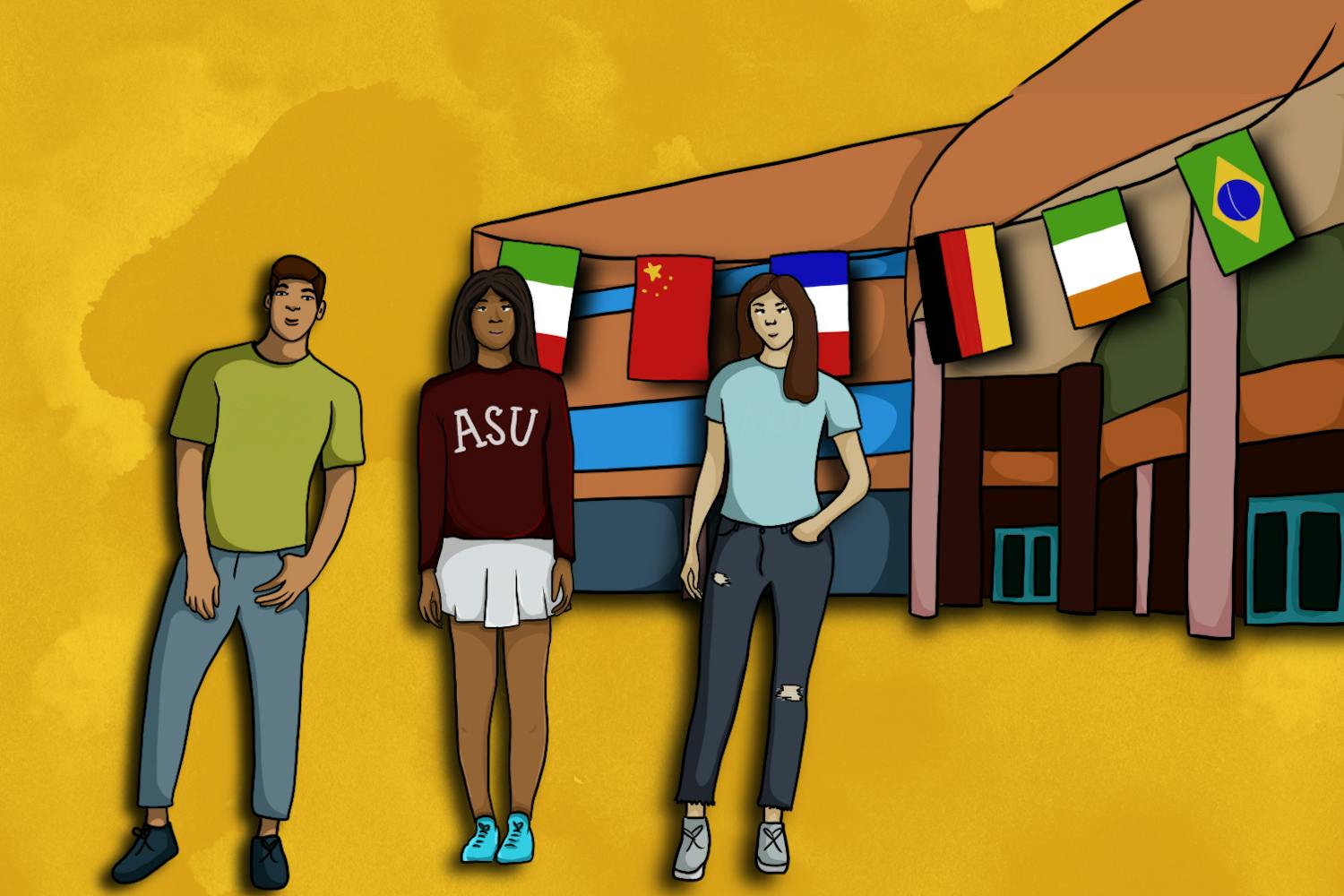In an ideal world, politics should be kept out of the Olympics. The games give athletes all over the globe a chance to showcase their talents, and it would be wrong to let political issues devalue their moment in the spotlight.
Yet the human rights violations that loom over this year’s Winter Olympics in Sochi offer an exception to this rule.
Passed last June, the “anti-gay propaganda” law has turned life into a living hell for Russia’s LGBT community. The law, which essentially forbids anything that could be deemed as promoting homosexuality, encourages homophobic attitudes to flourish in the state, leading to an increase in murders and attacks against LGBT members, some of them particularly grisly.
It would be in bad conscience to turn a blind eye on such oppression just for the sake of maintaining a congenial atmosphere at this year’s Winter Olympics. The gravity of these issues demands global attention, whether or not this comes at the expense of sports and tradition.
Of course, not everyone agrees that human rights should take moral precedence over sports. Last Wednesday, Mario Pescante — an Italian member of the International Olympic Committee (IOC) — rebuked the U.S. for filling its official delegation for the Winter Olympics with openly gay athletes, condemning the decision as being politically motivated.
"It's absurd that a country like that sends four lesbians to Russia just to demonstrate that in their country gay rights have (been established). The games should not be an occasion and a stage to promote rights that sports supports daily,” Pescante said according to several Italian media sources.
Pescante's comment is ignorant of history. From Tommie Smith and John Carlos's Black Power salute in 1968 to the sporting boycott of Apartheid-era South Africa, international sports events have long been subject to demonstrations of human rights. Why should this year's Winter Olympics be any exception?
Some people argue that participating nations should respect the host-country's cultural values and laws. But this hardly seems like a good reason to not protest the anti-gay laws. Suppose the Olympics were hosted in Saudi Arabia. By this reasoning, it would be permissible to demand that all women visitors don burkas and refrain from driving.
When the whole world is watching, the Olympics is the perfect venue for spreading awareness regarding the human rights violations happening in Russia. To not take advantage of it would be cowardly.
Although demonstrations in support of LGBT rights could possibly distract from the athletic competition that tradition holds so dear, the 2014 Winter Olympics have an ethical obligation to properly address human rights violations.
Reach the columnist at apelder@asu.edu or follow him on Twitter @ALEXxElder



